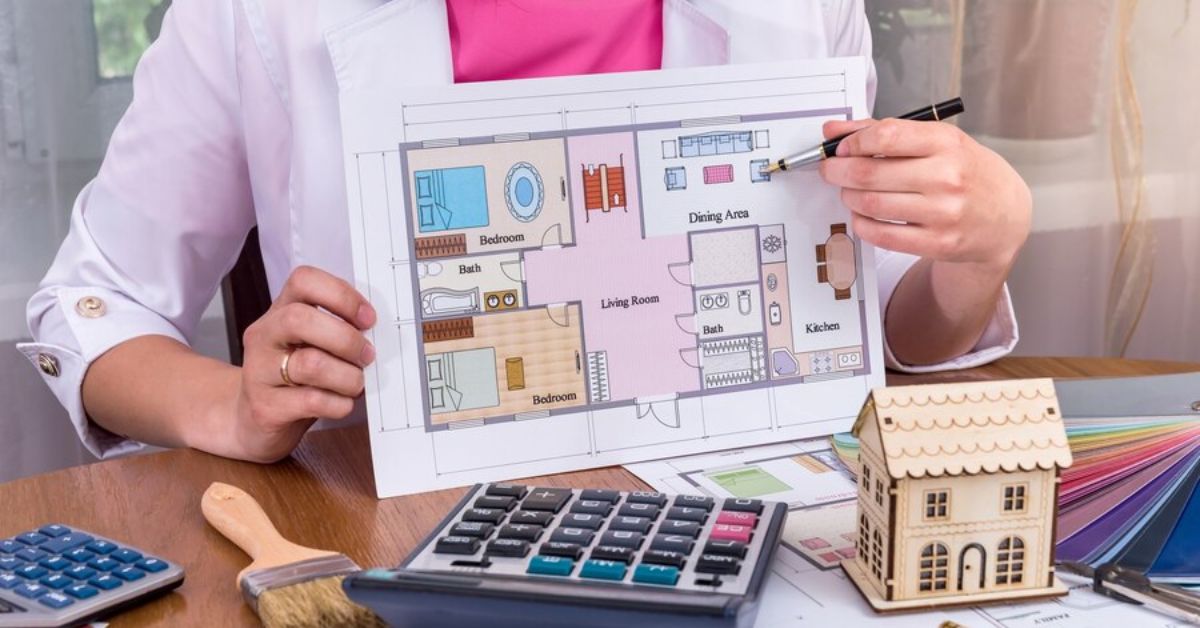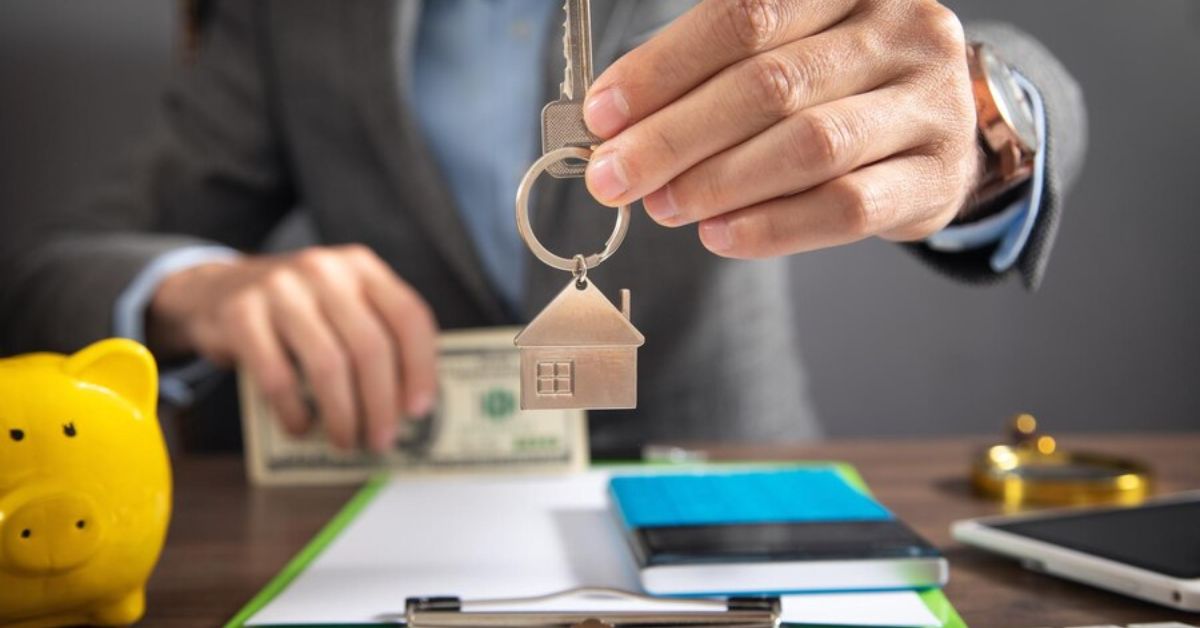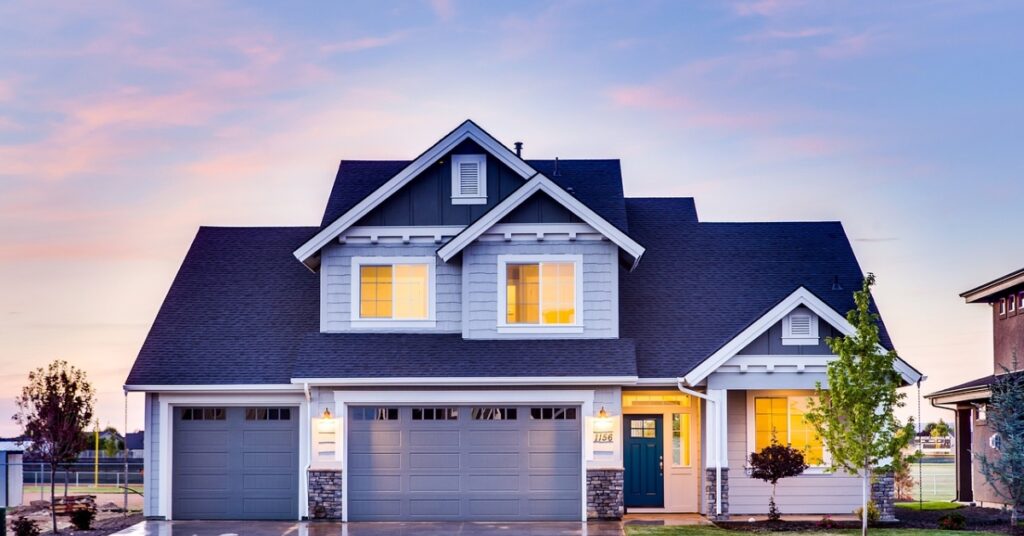Buying a house is one of the most significant financial decisions many Americans make. But how much money do you actually need to buy a house? The answer varies depending on several factors like location, the price of the home, and your financial situation.
This guide breaks down all the costs and provides actionable insights to help you prepare for homeownership.
Key Factors That Determine How Much Money You Need
Home Price and Location
The cost of homes in the U.S. varies widely based on the state, city, and even neighborhood. For example:
- California: The median home price is around $750,000.
- Texas: Median home prices hover near $325,000.
- Ohio: You can find median prices closer to $200,000.
Location plays a crucial role in determining affordability. For instance, homes in suburban areas may cost less than those in urban centers, while rural properties can be even more budget-friendly.
Down Payment Requirements
The down payment is one of the largest upfront costs. While the traditional benchmark is 20% of the home’s price, several loan programs allow for smaller down payments:
- FHA Loans: Require as little as 3.5%.
- VA Loans: Often require no down payment.
- Conventional Loans: Can range from 3% to 20%, depending on credit and lender criteria.
Here’s a quick breakdown for a $300,000 home:
| Down Payment Percentage | Amount Needed |
| 3% | $9,000 |
| 10% | $30,000 |
| 20% | $60,000 |
Credit Score and Its Role
Your credit score heavily influences your mortgage approval and interest rate. Higher credit scores can qualify you for lower interest rates, saving you thousands over the life of your loan. For example:
- Excellent Credit (740+): Access to the best interest rates.
- Fair Credit (620-679): Higher rates, increasing monthly payments.
- Poor Credit (<620): May require alternative loan options with higher fees.
A strong credit score is your golden ticket to affordable homeownership, says mortgage expert John Doe.
Closing Costs
Closing costs usually range from 2% to 5% of the home price. These include:
- Loan Origination Fees: Typically 0.5%-1% of the loan amount.
- Title Insurance: Around $1,000.
- Appraisal Fees: $300-$500.
- Prepaid Property Taxes and Insurance: Varies by location.
For a $300,000 home, closing costs might total $6,000-$15,000.
Additional Expenses to Consider
Beyond the down payment and closing costs, there are other expenses:
- Home Inspection: $300-$600.
- Moving Costs: $1,000-$3,000.
- HOA Fees: $200-$400 monthly (if applicable).
- Emergency Repairs and Maintenance: Recommended to budget 1%-2% of the home’s value annually.
How to Calculate the Total Amount You Need
Down Payment Calculation
Here’s an example for a $400,000 home:
- A 3% down payment equals $12,000.
- A 10% down payment equals $40,000.
- A 20% down payment equals $80,000.
You May Also Like: Old Money Pants for men and women

Estimating Closing Costs
Let’s assume a closing cost rate of 4%:
- Home Price: $400,000
- Closing Costs: $16,000
Emergency Funds and Cushion
Experts recommend having 3-6 months of living expenses saved in addition to homebuying costs. This provides a financial safety net for unexpected expenses, such as medical emergencies or job loss.
Tips for Saving Money When Buying a House
First-Time Homebuyer Programs
Take advantage of programs designed to help first-time buyers:
- FHA Loans: Low down payments and flexible credit requirements.
- USDA Loans: No down payment for rural homebuyers.
- State-Specific Programs: Check your state’s housing authority for grants and tax credits.

How to Negotiate Costs
- Negotiate Closing Costs: Ask the seller to cover some or all closing costs.
- Shop Around for Mortgages: Compare multiple lenders to find the best rates.
- Request Repairs or Credits: Use the home inspection report to negotiate.
Financial Planning for Success
- Automate Savings: Set up an automatic transfer to a savings account.
- Increase Income: Consider side gigs or overtime work.
- Cut Unnecessary Expenses: Limit discretionary spending to save faster.
Conclusion
Buying a house involves more than just the sticker price. From the down payment and closing costs to additional expenses, understanding how much money you need is essential. Start by assessing your financial situation, exploring loan options, and building a savings plan. With the right preparation, you can turn the dream of homeownership into a reality.
FAQs
How Much Money Do I Need to Make to Buy a House?
You should earn at least 3-4 times your expected monthly mortgage payment. For a $1,500/month mortgage, aim for a $64,000 annual income following the 28/36 rule.
Is $50,000 Enough to Buy a House?
Yes, you could afford a home priced between $150,000-$200,000, depending on the loan type, location, and down payment.
How Much Money Should You Have in the Bank to Buy a House?
Save for the down payment (3%-20%), closing costs (2%-5%), and an emergency fund. For a $300,000 home, aim for $50,000-$60,000 total.
Is $2,000 a Month for a House Good?
Yes, $2,000/month can cover a house priced between $300,000-$350,000, depending on the loan, taxes, and interest rate.












